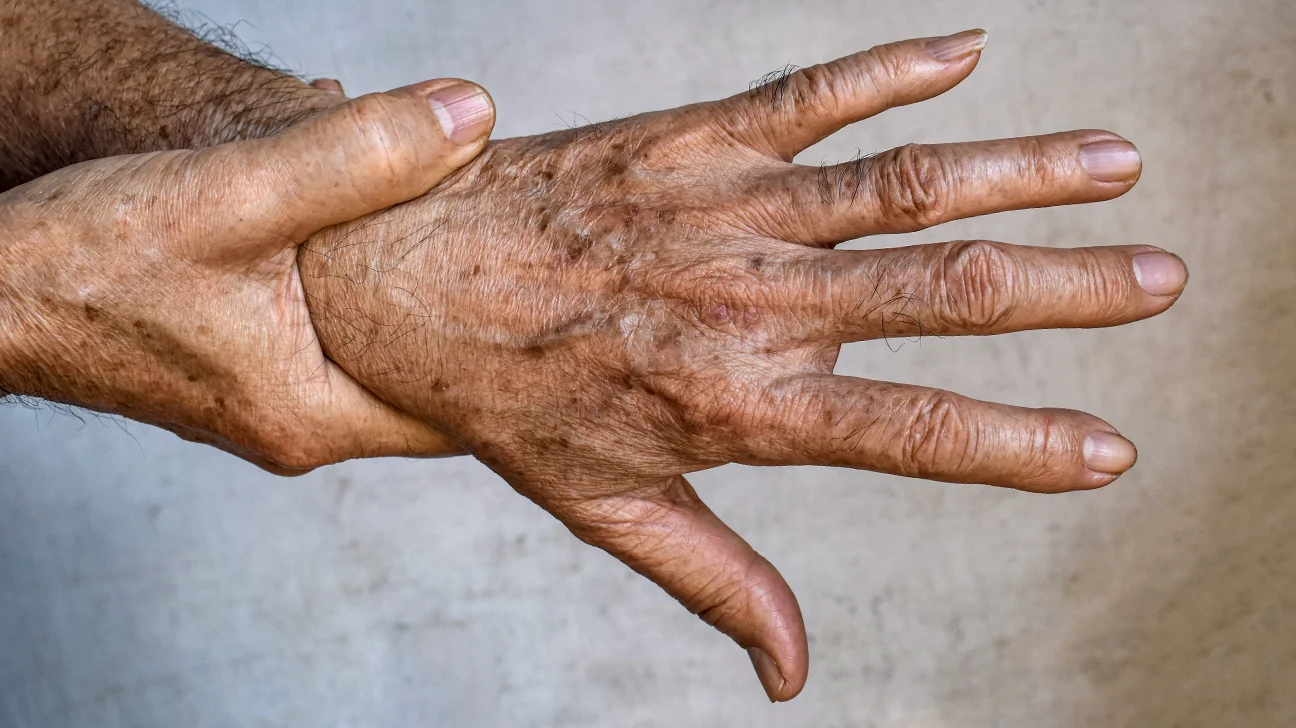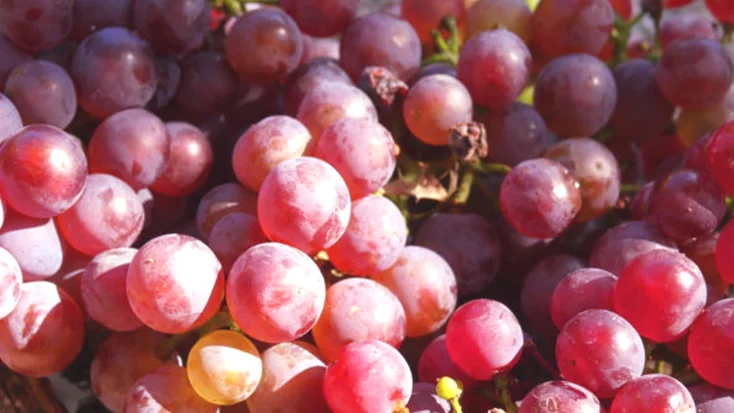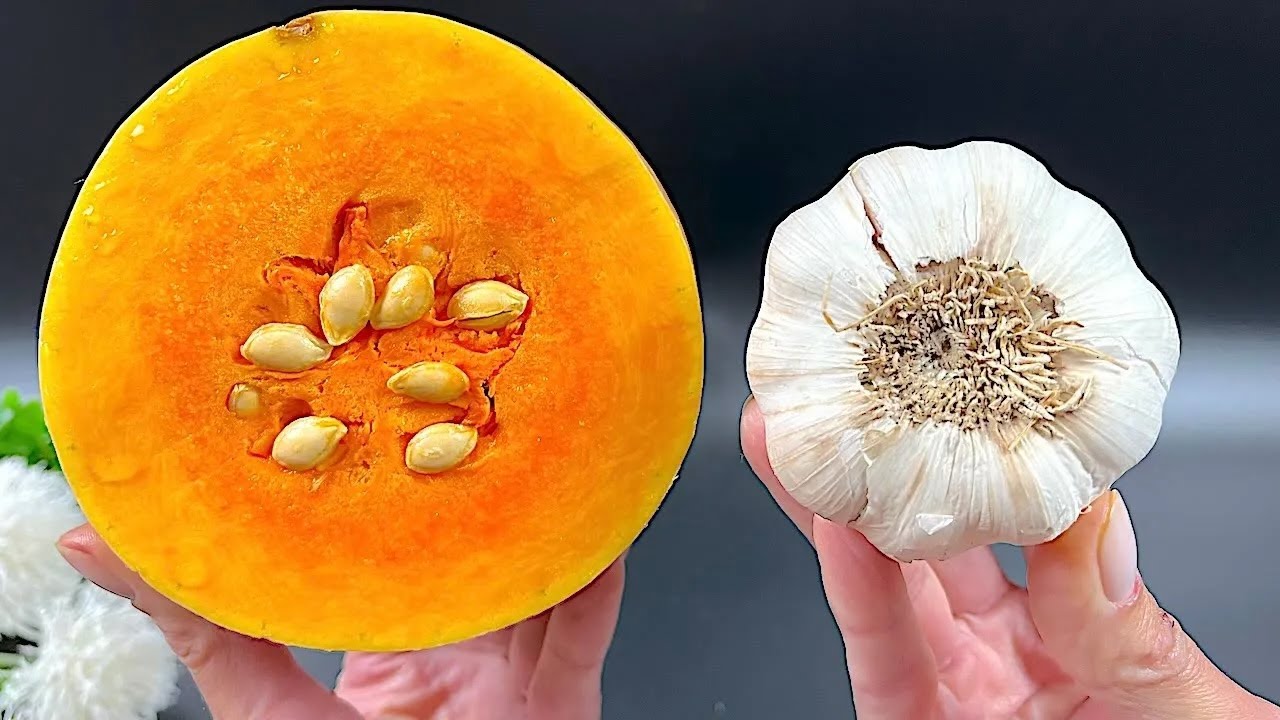
Have you ever wondered if there could be a simple way to reduce the appearance of age spots? One lesser-known but crucial mineral might hold the key: selenium. Often overlooked in discussions about skin health, selenium plays a vital role in maintaining your skin’s youthful appearance and overall vitality. Let’s dive into why selenium is important and how you can ensure you’re getting enough of it to potentially prevent age spots.
Why Selenium Matters for Your Skin
Selenium is a powerful antioxidant that helps protect the skin from environmental damage and inflammation. It works by neutralizing free radicals, which are unstable molecules that can damage cells and contribute to aging skin, including the development of age spots. By maintaining adequate selenium levels, you can help shield your skin from daily oxidative stress.
Benefits of Selenium for Skin Health
-
Protection Against Environmental Damage: Selenium forms part of the body’s antioxidant defense system. It helps to protect the skin from UV-induced damage, pollution, and other environmental stressors that can lead to premature aging and age spots.
-
Enhances Skin Elasticity: Selenium is essential for the production of glutathione, another potent antioxidant. Together, they help in maintaining skin firmness and elasticity, reducing the likelihood of aging signs.
-
Supports Overall Skin Health: By reducing inflammation and enhancing immune function, selenium also helps in maintaining a healthy skin barrier, which is vital for keeping the skin hydrated and plump.
How to Include More Selenium in Your Diet
Selenium can be found in a variety of foods, making it easy to incorporate into your daily diet:
-
Brazil nuts: Just one or two Brazil nuts a day can provide a full day’s supply of selenium.
-
Seafood: Fish such as tuna, halibut, and sardines are excellent sources of selenium.
-
Meat: Chicken, beef, and lamb contain selenium, and also provide additional nutrients that support skin health.
-
Whole grains: Foods such as brown rice and whole wheat bread are good sources of selenium.
A Word of Caution
While selenium is beneficial, it’s important to consume it in moderation. High doses of selenium can be harmful, so it’s best to aim for getting your selenium from food rather than supplements, unless advised by a healthcare professional.
Incorporating selenium-rich foods into your diet can be a simple and natural way to help prevent the appearance of age spots and promote a healthier, more radiant complexion. Why not give it a try and see the benefits for yourself?




